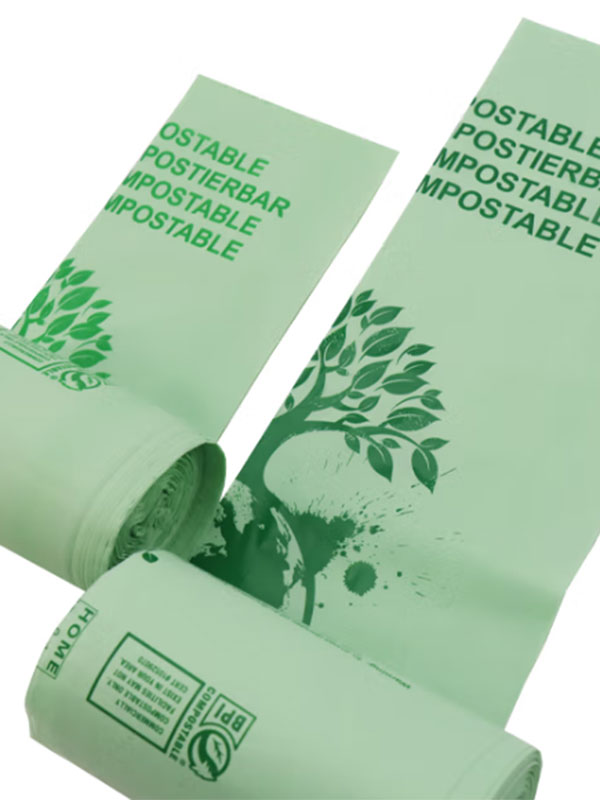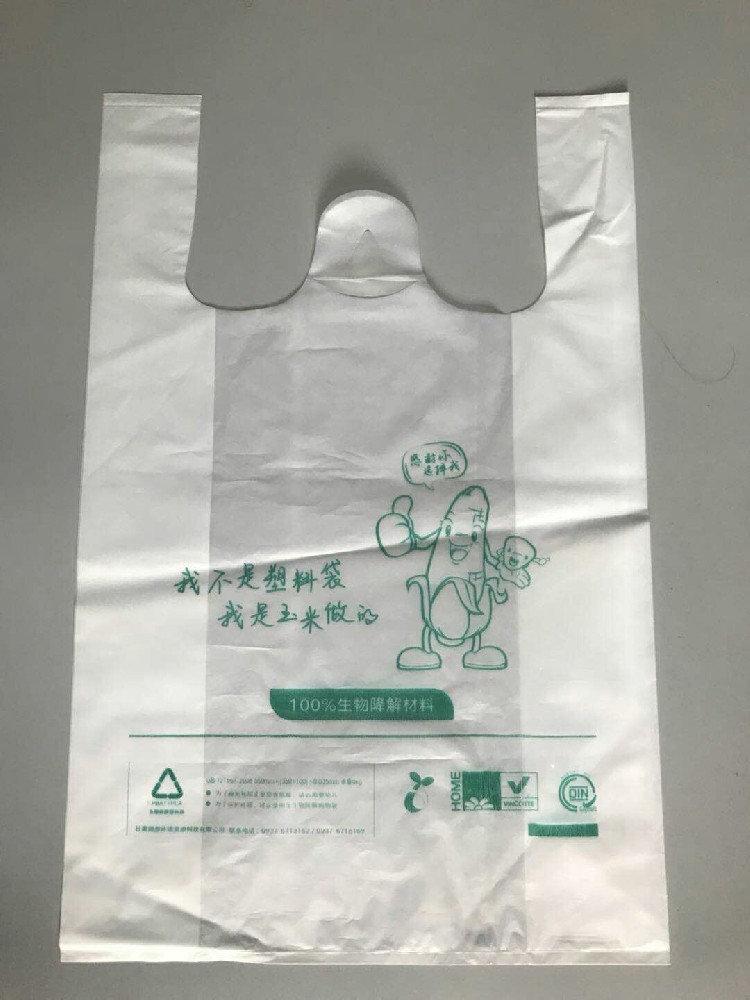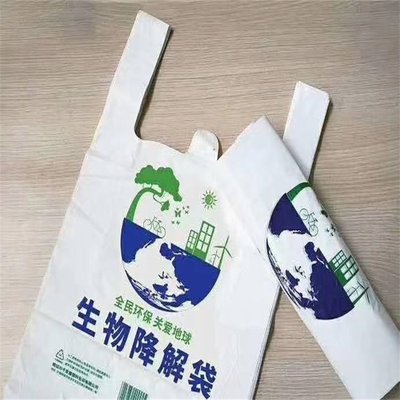Compost Biodegradable Bags
- Introduction of Compostable Biodegradable BagsAs environmental awareness grows, compostable biodegradable bags, as an environmentally friendly packaging material, are gradually gaining favor among more and more people. The following is a detailed introduction to compostable biodegradable bags:1. Mat>>>
Introduction of Compostable Biodegradable Bags
As environmental awareness grows, compostable biodegradable bags, as an environmentally friendly packaging material, are gradually gaining favor among more and more people. The following is a detailed introduction to compostable biodegradable bags:
1. Materials and ingredients
Compostable biodegradable bags are mainly made of natural polymer materials (such as starch, cellulose, chitin) or agricultural by-products through microbial fermentation or synthetic biodegradable polymers, such as thermoplastic starch plastics, aliphatic polyesters, polylactic acid (PLA), starch, polyvinyl alcohol, etc. These materials can be rapidly degraded under composting conditions and eventually converted into carbon dioxide, water and other new biomass.
2. Features and advantages
Biodegradability : Compostable biodegradable bags can be decomposed by microorganisms in the natural environment and eventually converted into harmless substances, reducing pollution to the environment.
Compostable : These bags break down quickly in industrial composting facilities, helping to reduce pressure on landfills while converting into valuable fertilizer.
Durability and Load-bearing Capacity : Although compostable biodegradable bags are made of degradable materials, they still have good durability and load-bearing capacity during their service life, and can meet the needs of daily use.
Safety : Compostable biodegradable bags do not contain harmful substances, are safe for human body and environment, and are suitable for food packaging and storage.
3. Application Scenarios
Household waste collection : Households can use compostable biodegradable bags to collect food waste and other compostable waste, making waste separation and composting easier.
Gardening and Agriculture : In the fields of gardening and agriculture, these bags can be used to package seeds, fertilizers or other garden products. After use, they can be naturally degraded in the soil, reducing soil pollution.
Food service : Restaurants, cafes and other food service places can use compostable biodegradable bags to package food scraps or as takeaway packaging to reduce food waste and plastic pollution.
IV. Environmental significance and future prospects
The promotion and use of compostable biodegradable bags is of great significance. They can not only reduce the pollution of plastic waste to the environment, but also help promote the development of the circular economy. With the continuous improvement of people's environmental awareness and the continuous advancement of technology, the application scope of compostable biodegradable bags will continue to expand and become one of the mainstream choices of packaging materials in the future.
At the same time, the government, enterprises and consumers should work together to promote the popularization and application of compostable biodegradable bags. The government can introduce relevant policies to encourage enterprises to develop and produce environmentally friendly packaging materials; enterprises can increase investment in research and development to improve the performance and quality of compostable biodegradable bags; consumers should actively choose environmentally friendly packaging materials to jointly promote the sustainable development of society.
In summary, compostable biodegradable bags, as an environmentally friendly packaging material, have significant advantages and broad application prospects. We should actively promote and use this environmentally friendly material to contribute to protecting the earth's environment.



